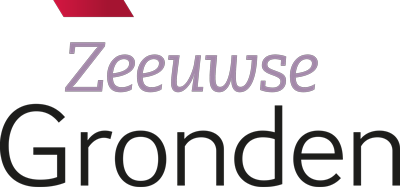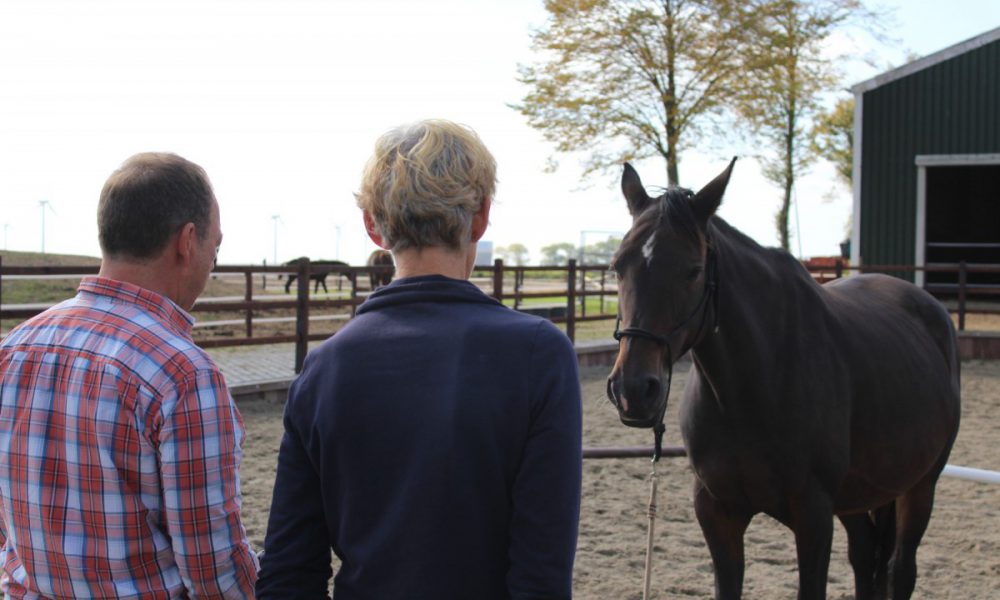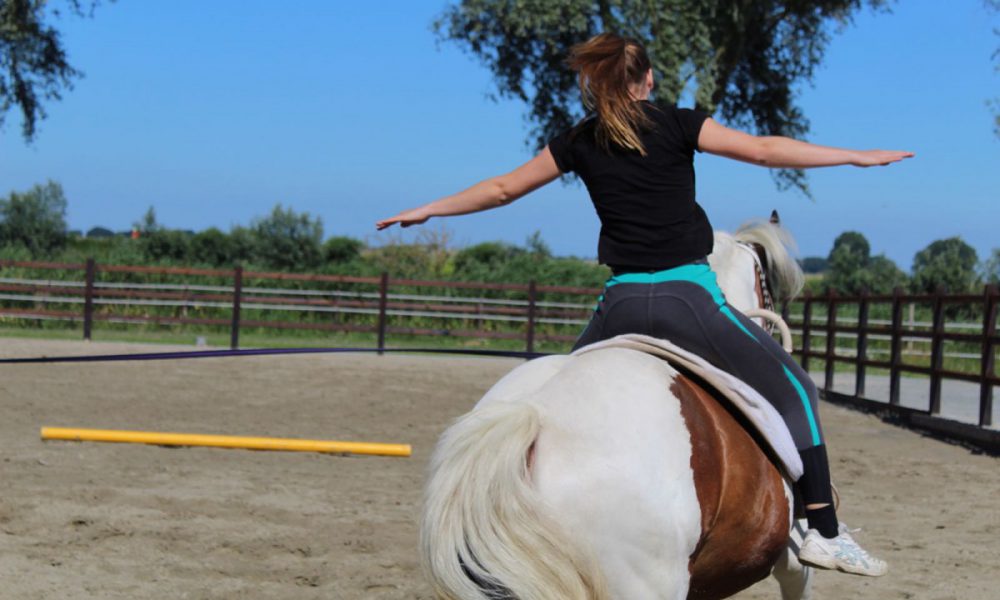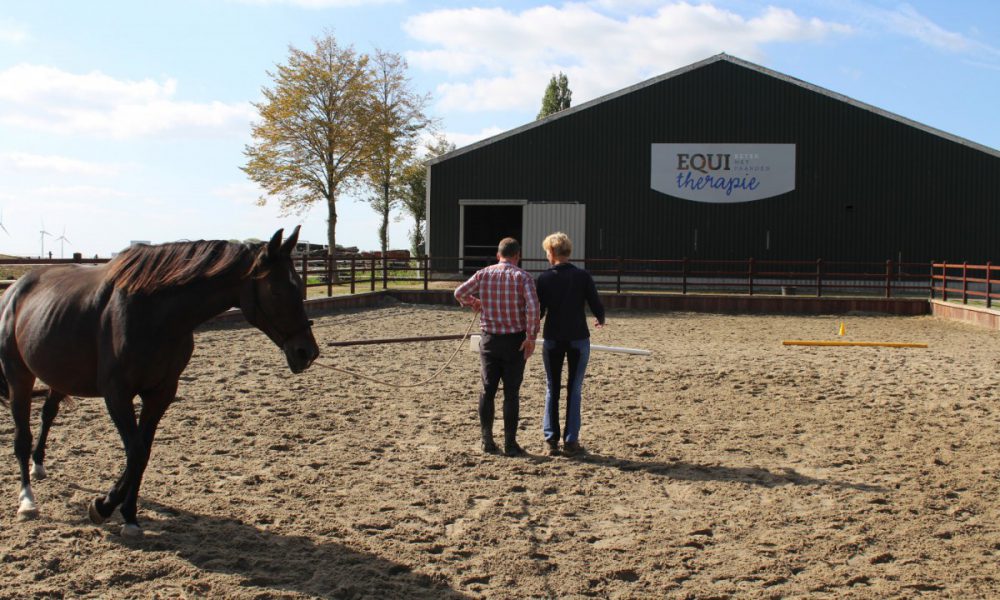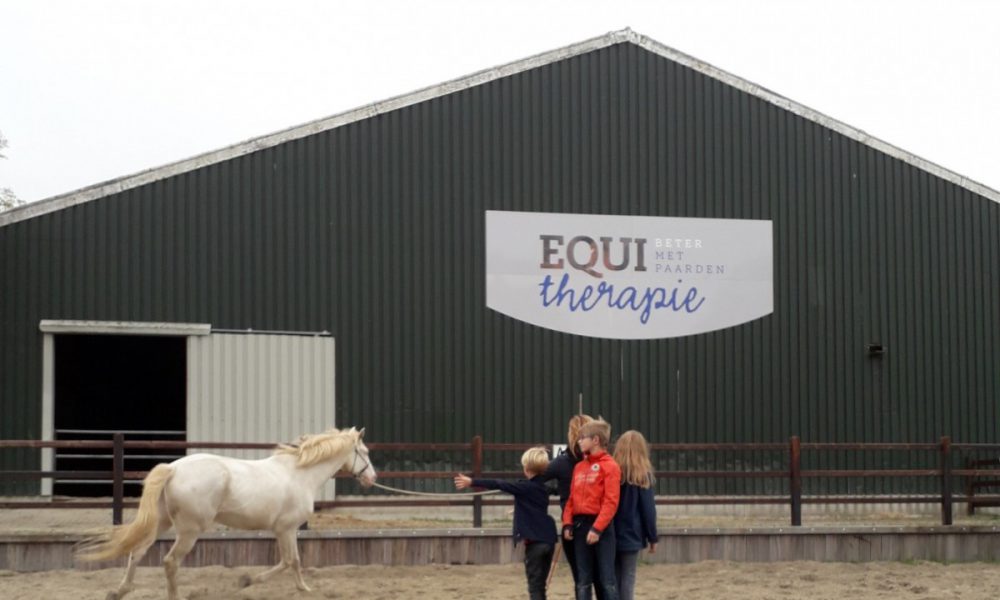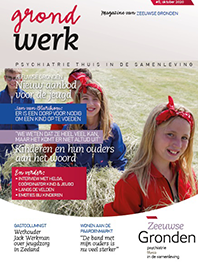WHAT IS EQUINE THERAPY?
During the therapy, you work towards goals that are important for your recovery.
For example:
- Greater self-confidence
- More positive emotions
- Dealing with fear and panic
You do this by working together with a horse. You learn to understand the behaviour of horses and how you can create a bond with them that is enjoyable for you as well as the horse. The exercises involve making the initial contact and working with the horse while you are standing beside it or riding it.
“The great thing about equine therapy is that there is no need to talk.”
WHAT CAN IT HELP WITH?
Scientific research shows that interaction between human and animal improves concentration, social skills and self-esteem. It helps you to become aware of your emotions, your ways of thinking and your behaviour. Horses have no prejudices, but they do give you feedback on your behaviour.
The therapies can be for individuals or groups and are carried out in a fixed series of sessions. The groups comprise around eight people and each one has its own focus. You learn how to handle a horse and there are also groups that focus on a specific mental health issue. Below is a selection from our group therapies:
- Basic skills for handling a horse
- Processing trauma
- Social anxiety
- Regulating emotions
Equine therapy is also part of family therapy, in order to gain a picture of family interactions and patterns.
If you would like to know more about the equine therapy range or how you can register, please contact us on +31 (0)115-621314 or at info@zeeuwsegronden.nl.
Equine therapy is based on the Natural Horsemanship training method. This method adheres to the approach that has been the subject of various scientific studies on the effect of therapy involving horses.
Natural Horsemanship
Pat Parelli’s Natural Horsemanship training method focuses on both the horse and the human being. The ultimate aim of this method is for the individual to understand the behaviour of horses and develop skills that a person needs to create a natural relationship with the horse, so that the two cooperate willingly.
These skills are:
-
- being able to concentrate and being mindfull
- setting goals
- determining the resources you want to use for this purpose
- reaching your goal step by step
You need these skills in daily life and when interacting with people if you want to achieve goals.
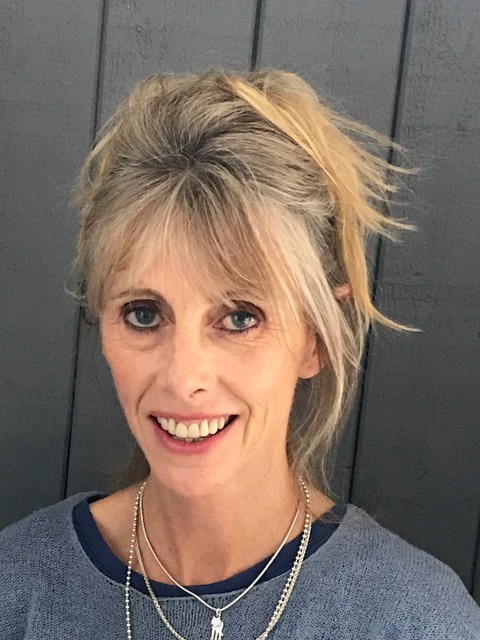
Many exercises used during the therapies originate from the work of Rio Barrett. Because you never stop learning, Rio Barrett is our regular coach. She learned the profession from Pat Parelli.
Scientific research
In recent years, various studies have been carried out on the effect of equine therapy.
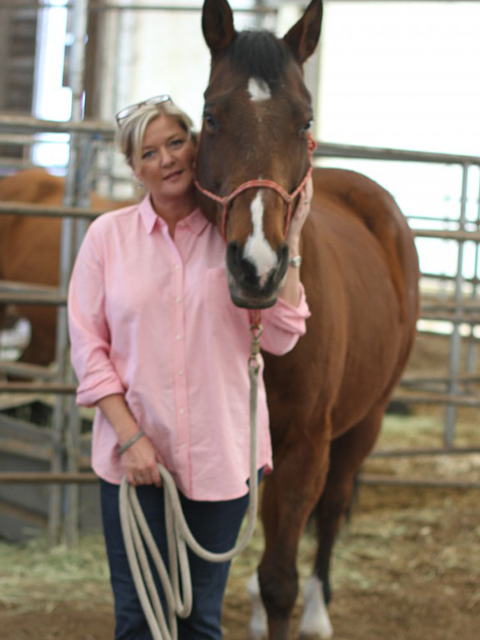
Patricia Pendry, professor at Washington State University, supports this research and studied the effects of the therapy on the social competencies and behaviour of vulnerable adolescents. In the coming years, we will be working with her and with the research organisation Praktikon, among others, in order to contribute further to science and offer effective, evidence based equine therapy.
Would you like to know more about our working method?
We organise regular workshops for people to find out about equine therapy. For more information, please contact us on +31 (0)115-621314 or at info@zeeuwsegronden.nl.
All equine therapists have also completed a regular course in mental health care.

Jan van Blarikom – Psychologist
‘After years of only doing counselling I am now fascinated by the powerful effect of equine therapy, in which talking is no longer so important. You appeal to the client’s physical presence.’
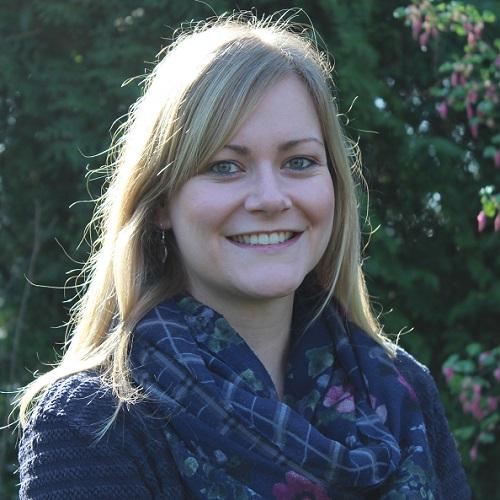
Helga van Laak – Psychologist
‘Time and time again, I have seen that being allowed to have contact with a horse is many times safer than constantly being with the healthcare professionals who want to talk about what is not going well and how things could be better.’
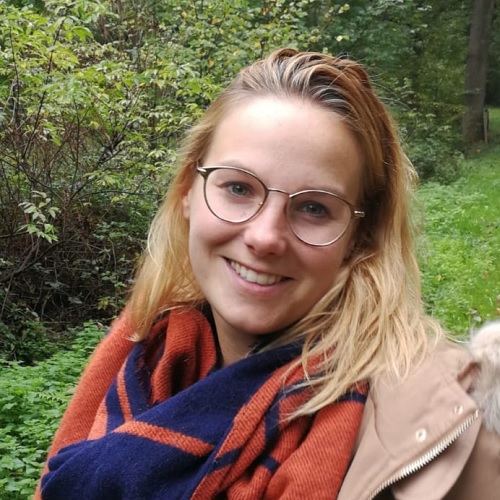
Lien Travers – Psychologist
‘It’s ideal if simply talking isn’t enough or doesn’t lead to change. It enables a more indirect way of communicating, through which you can sometimes arrive at a more direct effect.’
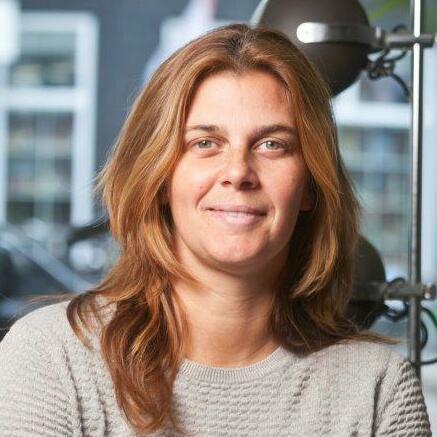
Sygrid van het Westeinde – Psychiatric nurse
‘During the therapy there are emotions regularly expressed that are otherwise so easy to conceal. Through a growing awareness of physical signals and body language, we can make the link to daily life.’
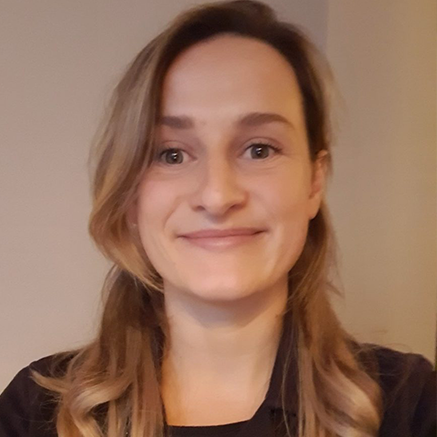
Valerie Wielemaker – Mental Health Care (GGZ)-Agoog
‘Being physically active outdoors as well as creating a bond with a horse. I’m convinced that these factors can be very helpful for a person with mental health problems.’
